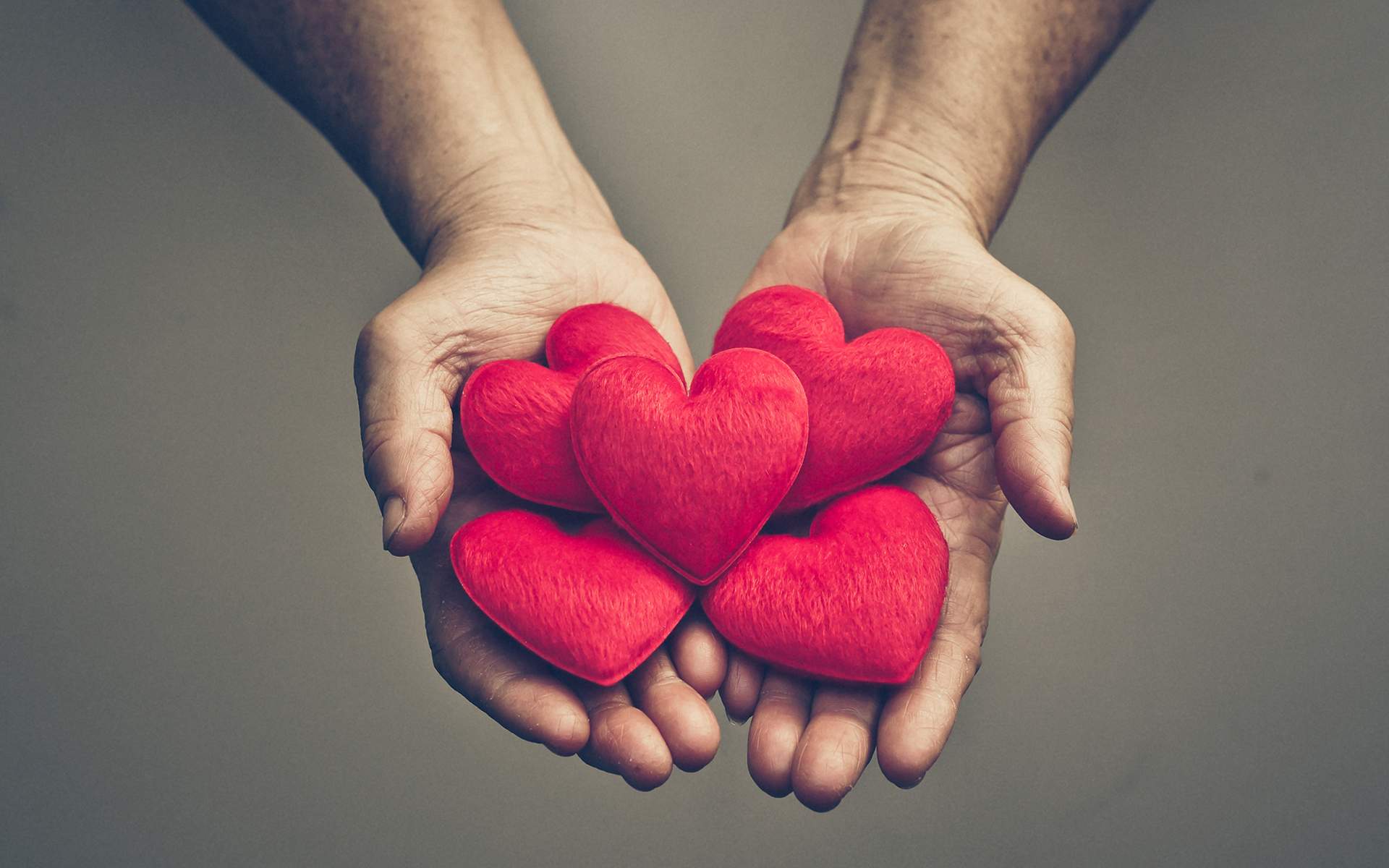
Boost Compassion & Courage in 15 Minutes
Discover how a simple 15-minute self-affirmation exercise can increase compassion, reduce schadenfreude, and boost courage. Science-backed results!
Discover why we make poor choices due to sunk-cost bias, emotions, and fatigue—plus science-backed solutions for better decision-making.

Every day, we face countless decisions—from trivial choices like whether to bring a jacket to life-altering ones like changing careers. Understanding the psychology behind decision-making can help us avoid costly mistakes.
What it is: Our tendency to continue investing in failing endeavors simply because we've already committed resources.
Example:
- Waiting for a delayed Uber despite being late for a meeting
- Staying in a bad relationship due to time invested
Science-backed solution:
- Practice 15 minutes of mindfulness meditation (proven to reduce this bias)
- Ask: "Would I choose this option if starting fresh today?"
Key findings:
- Anger increases risk-taking by 35% (University of California study)
- Fear leads to overly conservative choices (like avoiding safer air travel)
Wise reasoning technique:
1. Imagine advising a friend with this dilemma
2. List options objectively
3. Evaluate pros/cons without emotional attachment
Circadian rhythm effects:
- Morning: 23% more accurate decisions (but slower)
- Evening: Faster but less precise choices
Pro tip: For major life decisions:
- Avoid late-night overanalysis
- "Sleep on it"—your rested brain processes information differently
By understanding these psychological traps and implementing these strategies, you'll develop sharper decision-making skills for both everyday choices and life-changing moments.

Discover how a simple 15-minute self-affirmation exercise can increase compassion, reduce schadenfreude, and boost courage. Science-backed results!

Explore Ohio's forgotten towns and scenic backroads while learning mindfulness lessons from unexpected detours. A travel reflection on seeing beyond the highway.

Learn a simple 3-step mindfulness technique to unhijack your attention, reduce stress, and improve present-moment awareness in just 2 minutes.